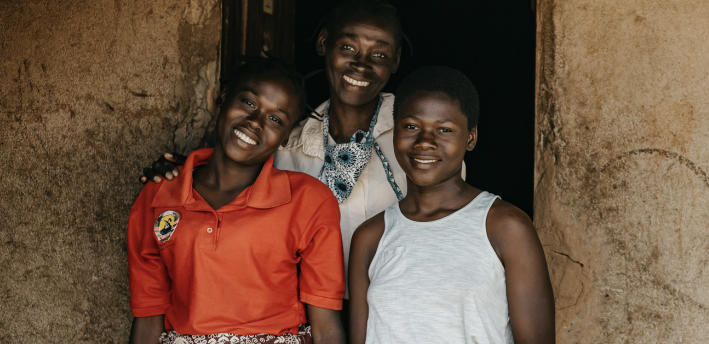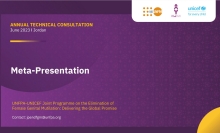It’s a woman’s thing: Gender roles in sustaining female genital mutilation as a harmful practice

The struggle against FGM requires gender transformative approaches to address these underlying structures and empower women and girls
• FGM as a harmful practice: The document discusses how female genital mutilation (FGM) is a violation of the human rights of girls and women, and reflects deep-rooted gender inequality and discrimination. FGM has no health benefits, and can cause serious physical and psychological harm.
• Social and gender norms that sustain FGM: The document explains how social and gender norms are learned and internalised from early childhood, and how they make FGM seem normal and acceptable. Women and girls may comply with FGM to gain social inclusion and economic survival, even if they personally oppose it.
• The ‘patriarchal bargain’: The document introduces the concept of the ‘patriarchal bargain’, which means that women use FGM as a tool to negotiate power within patriarchal systems. Women may agree to sacrifice their autonomy and subject their daughters to FGM in exchange for some benefits or protection.
• Gender transformative approaches to end FGM: The document proposes gender transformative approaches that empower girls and women to challenge and change the social and gender norms that drive FGM. These approaches include fostering critical awareness, increasing access to resources and opportunities, and transforming institutional structures.



